Grief can be overwhelming, and it is a shared part of the human experience that we must all face. Books about processing the death of a loved one offer comforting stories and remind readers they are not alone in the experience of grieving. Through shared experiences of loss on the page, readers can find strength to face their own journey, one paragraph at a time. Our list of the seven best books about grief could be helpful in a stressful time of need.
Books on grief can offer powerful tools and strategies for coping during life’s most challenging moments. Moreover, it is important to note that for people in mental crisis related to grief, medical attention may be needed and should be a priority. We looked through eight expert sources to compile a list of the best books about grief and loss that are most recommended. Let us know your thoughts in the comments below!
➡️ How Our “Best Of The Best” Lists Are Created
StudyFinds’ “Best of the Best” articles are put together with the idea of taking the work out of common consumer research. Ever find yourself searching for a product or service on Google and reading multiple reviews to find items listed across many of them? Our Best of the Best lists are created with that process in mind, with each item ranked by how frequently it appears on expert reviews or lists. With Best of the Best, you are getting consensus picks — making them truly the best of the best!

The List: 7 Books About Grief Experts Say Help with the Process
1. “Bearing The Unbearable: Love, Loss and the Heartbreaking Path of Grief” by Joanne Cacciatore (2017)
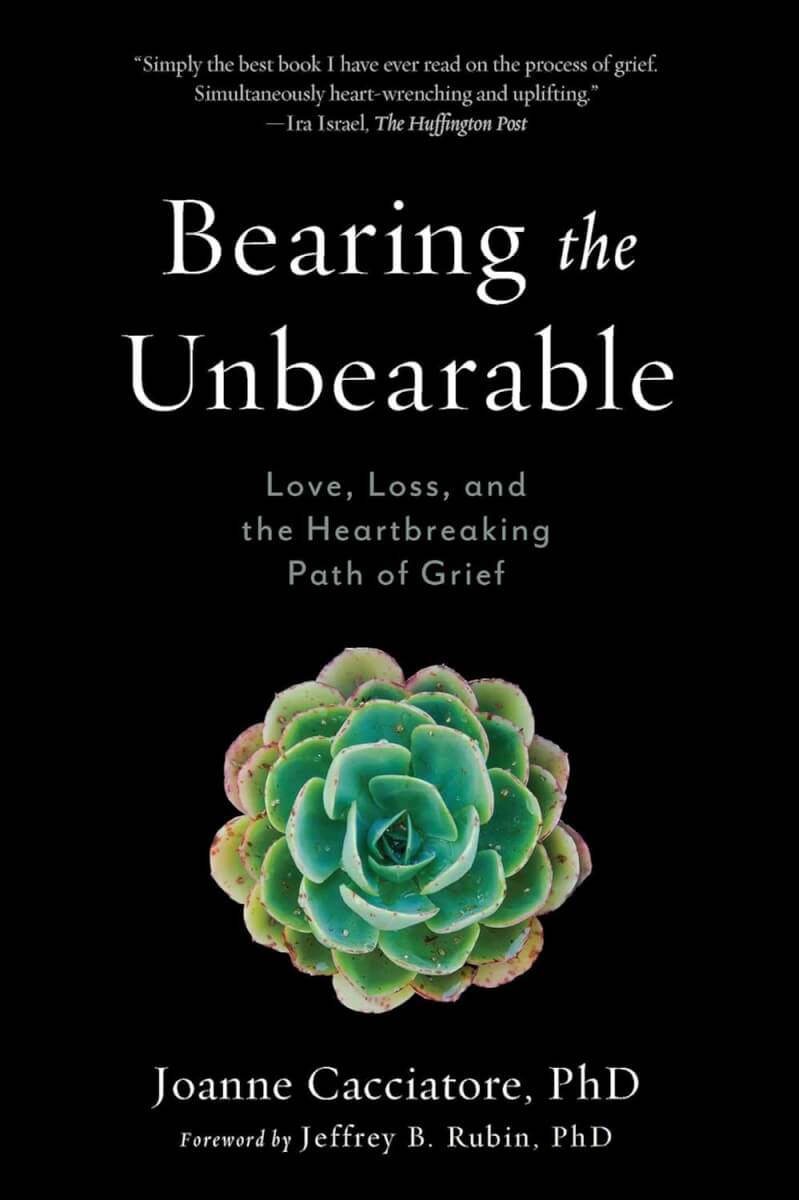
Living up to its insightful title, “Bearing the Unbearable” by Dr. Joanne Cacciatore is a highly-regarded resource for navigating the complexities of grief. Reviewers consistently praise the book’s ability to humanize the experience and offer practical guidance. Grief and Sympathy, a website dedicated to understanding the topic, considers it “without doubt my favorite book on grief,” commending its warmth, humanity, and practical advice based on mindfulness and compassion.
SheReads emphasizes the book’s accessibility, highlighting its 52 short chapters filled with real-life stories. Dr. Cacciatore draws from her personal experiences and professional encounters as a bereavement counselor to guide readers through the emotional landscape of grief.
Dr. Cacciatore takes a unique approach to grief. Instead of minimizing the pain, Choosing Therapy says the author encourages readers to “honor it” and recognize its non-linear nature, often lasting longer than anticipated.
2. “It’s OK That You’re Not OK: Meeting Grief and Loss in a Culture That Doesn’t Understand” by Megan Devine (2017)
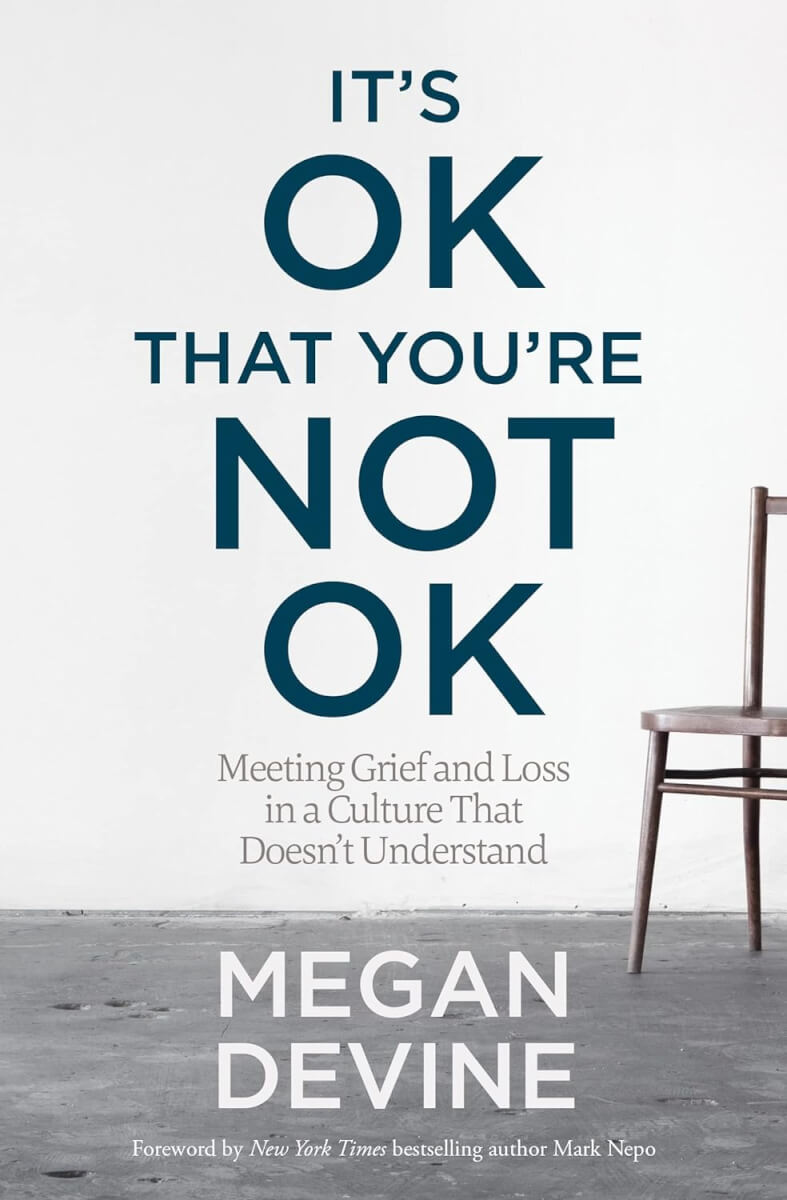
“It’s OK That You’re Not OK” challenges the cultural expectation of quickly bouncing back from loss and validates the raw, messy reality of grief. Devine suggests an active and intentional approach to processing grief, rather than avoiding or suppressing it. Reader’s Digest highlights the book’s proactive approach, praising Devine for dispelling myths surrounding grief, particularly the notion that it’s a process one can quickly overcome. Instead, she offers wisdom and practical methods for healing and managing the emotional turmoil.
Megan Devine’s 2017 book, “It’s OK That You’re Not OK,” tackles the complexities of grief head-on, challenging cultural misconceptions and offering practical tools for navigating the pain. SheKnows underscores the importance of understanding that grief is not something to be ashamed of, and neither is its non-linear nature. Devine emphasizes that grief is a natural and healthy response to loss, even describing it as “love in its most wild and painful form.”
The Strategist says Devine goes beyond simply challenging these misconceptions; she offers suggestions for providing comfort and care to those experiencing grief. By reframing grief from a problem to be solved into a multifaceted experience to be honored, “It’s OK That You’re Not OK” offers a unique perspective on navigating emotional loss.
3. “The Grieving Brain” by Mary-Frances O’Connor (2022)
In “The Grieving Brain,” author Mary-Frances O’Connor illuminates the hidden interactions between loss and our neural pathways, showing how grief doesn’t just wound the heart, but reshapes the very way we think and feel. SheReads describes how O’Connor utilizes the latest neuroscientific discoveries and breakthroughs in psychology to guide readers through the biological and emotional processes of grief. This approach aims to shed light on what happens within us when we grieve and offers potential avenues for alleviating the pain associated with loss.
Dr. Mary-Frances O’Connor definitely takes a unique approach to understanding grief. Oprah Daily mentions O’Connor’s specific area of expertise: studying the connection between grief and the brain. She proposes that part of the difficulty in processing loss stems from the fact that a significant part of our mental map, representing the lost person, essentially goes missing. This constant “searching” for them in our mental landscape fuels feelings of shock and surprise at their absence.
SheKnows emphasizes that the book’s focus leans towards the practical side of grief rather than its emotional aspects. O’Connor provides a detailed explanation of why we grieve, the various emotions triggered like longing, anger, and guilt, and even explores why comprehending the loss of a loved one can feel nearly impossible at times.
4. “How to Go on Living When Someone You Love Dies” by Terese A. Rando (1988)
A timeless guide through the labyrinth of grief, Therese Rando’s “How To Go On Living” shines light on paths of healing, offering solace and strength decades after its first publication. This recommendation comes highly regarded, with The Strategist mentioning its endorsement by three grief specialists.
Written by a leading expert in grief counseling, this book offers a comprehensive guide to navigating loss. Talk Space highlights the book’s focus on providing comfort and support to those grieving. It offers practical guidance on understanding your own grief, fostering self-care, navigating difficult milestones like birthdays and holidays, and ultimately finding acceptance.
Choosing Therapy appreciates the book’s comprehensiveness, acknowledging the inevitability of loss while offering practical steps to manage the associated grief. Whether the loss was sudden or expected, “How to Go On Living” equips readers with tools to cope, including self-care strategies, addressing their grief effectively, and navigating the process of planning funeral arrangements.
5. “I Wasn’t Ready to Say Goodbye” by Brook Noel (2000)
“I Wasn’t Ready to Say Goodbye” is a thoughtful reflection on grief for those grappling with sudden loss. It offers a comforting literary hand to hold in the face of one of life’s most difficult times, according to Talk Space. The book addresses both the emotional and physical aspects of grief and death, equipping readers with tools to cope with these difficult realities.
Coming to terms with loss can be a daunting and emotionally overwhelming experience, especially when it’s unexpected. Reader’s Digest acknowledges the unpredictable nature of grief and highlights the book’s enduring relevance. Published in 2000, it continues to offer solace and support to those facing sudden and significant losses through words of encouragement, practical tools, and emotional support.
The Strategist clarifies that while the book isn’t a memoir, Noel incorporates personal experiences with sudden loss in the beginning, fostering a sense of connection and understanding with the reader. This personal touch establishes a safe space and fosters a sense of shared companionship during a challenging time.
6. “The Other Side of Sadness” by George A. Bonanno, PhD (2009)
In “The Other Side of Sadness,” psychologist George Bonanno unveils the surprising resilience hidden within grief, showing us that not all paths from loss lead to despair. The book challenges our preconceived notions and offers hope, illuminating the unexpected ways we heal and move forward after life’s inevitable losses. This book offers a unique and research-driven approach to understanding grief, as highlighted by Talk Space. It challenges the traditional five-stage model of grief, suggesting that human resilience plays a significant role in how we navigate loss.
Choosing Therapy delves deeper into Bonanno’s perspective, emphasizing his use of historical and psychological research on bereavement. He argues that acknowledging a wider range of emotions, including joy and relief, can be beneficial in processing grief and fostering stronger connections with others.
The Strategist recommends this read for those seeking a more academic perspective. Bonano, a professor of clinical psychology, skillfully blends his personal experience of losing his father with accessible scientific research based on extensive interviews. This combination of personal narrative and scientific exploration offers a fresh perspective on the complexities of grief.
7. “The Year of Magical Thinking” by Joan Didion (2005)
In Didion’s poignant memoir, grief is explored along with denial. This text chronicles the author’s unfathomable loss of her husband while her daughter battled traumatic illness. Choosing Therapy sets the stage: Didion’s journey through two close and unexpected tragedies – dealing with two forms of grief side by side.
SheReads talks about how impactful the book is, despite it not being a self-help manual. Hailed by bereavement experts, the memoir chronicles Didion’s first year coping with her husband’s death. Her raw and honest writing style exposes the intensely personal, yet universally relatable aspects of dealing with grief.
Reader’s Digest says this book has the potential to resonate with a wider audience. They describe it as a thought-provoking piece that transcends the specificities of Didion’s experience. Her unflinching account of her husband’s passing, her daughter’s health battle, and her own struggle to understand and process grief offers insights that can be relevant and impactful for anyone, regardless of their personal circumstances.
Tips for Processing Grief:
- Acknowledge your emotions: Don’t try to bottle up your feelings. Allow yourself to cry, scream, or express yourself however you need to.
- Talk about your loss: Sharing your feelings with trusted friends, family members, or a therapist can be incredibly helpful.
- Take care of yourself: Grief can be physically and emotionally draining. Make sure to eat healthy foods, get enough sleep, and exercise regularly.
- Find healthy coping mechanisms: Activities like journaling, meditation, or spending time in nature can be helpful in coping with grief.
- Seek professional help if needed: If you’re struggling to cope with grief on your own, don’t hesitate to seek professional help from a therapist or counselor.
Here are some additional resources that you may find helpful:
- The National Alliance on Mental Illness (NAMI): https://www.nami.org/Home
- The American Psychological Association (APA): https://www.apa.org/monitor/2020/06/covid-grieving-life
- The Dougy Center: https://www.dougy.org/ (for children and families dealing with grief)
You might also be interested in:
Sources:
- Grief and Sympathy
- SheReads
- Choosing Therapy
- Reader’s Digest
- SheKnows
- The Strategist
- Oprah Daily
- Talk Space
Note: This article was not paid for nor sponsored. StudyFinds is not connected to nor partnered with any of the brands mentioned and receives no compensation for its recommendations. This article may contain affiliate links in which we receive a commission if you make a purchase.
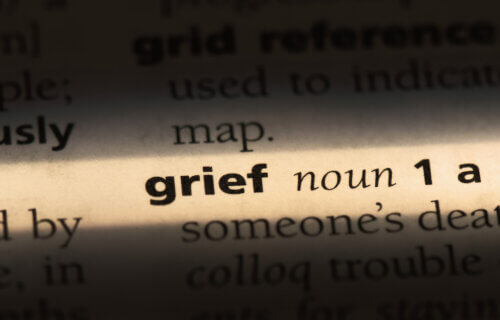
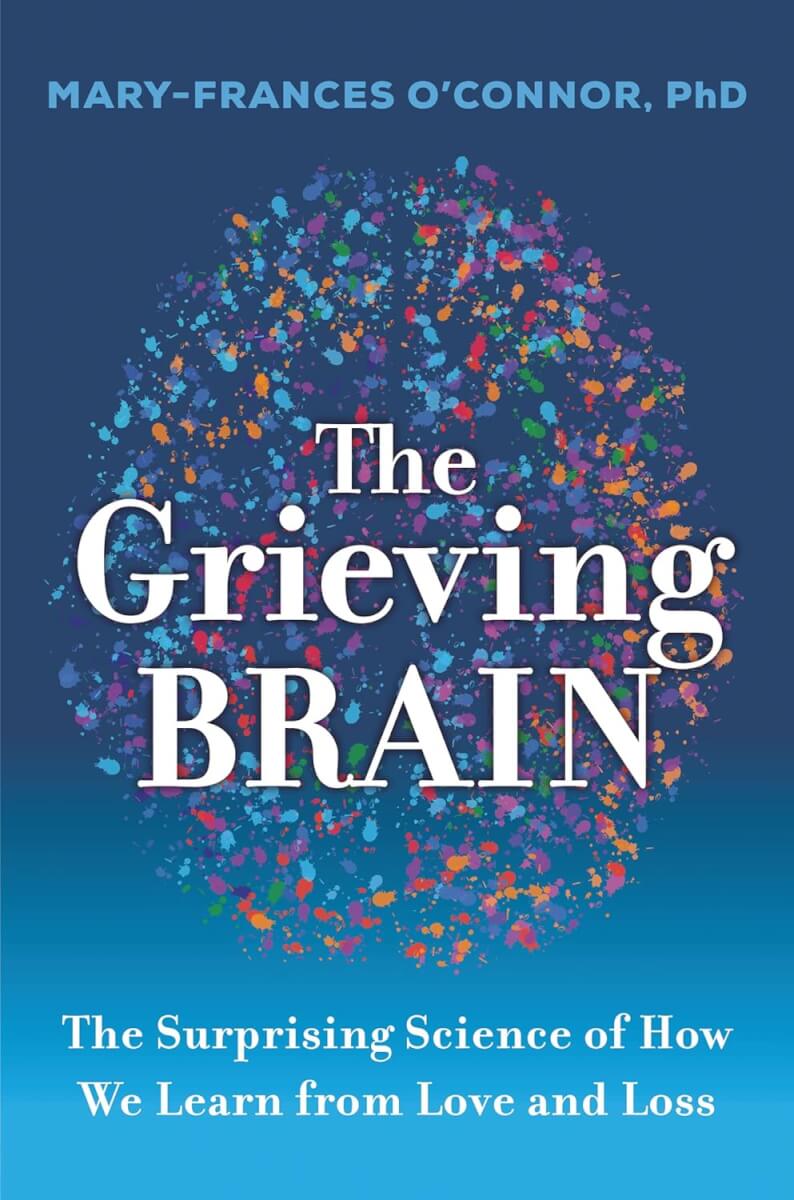
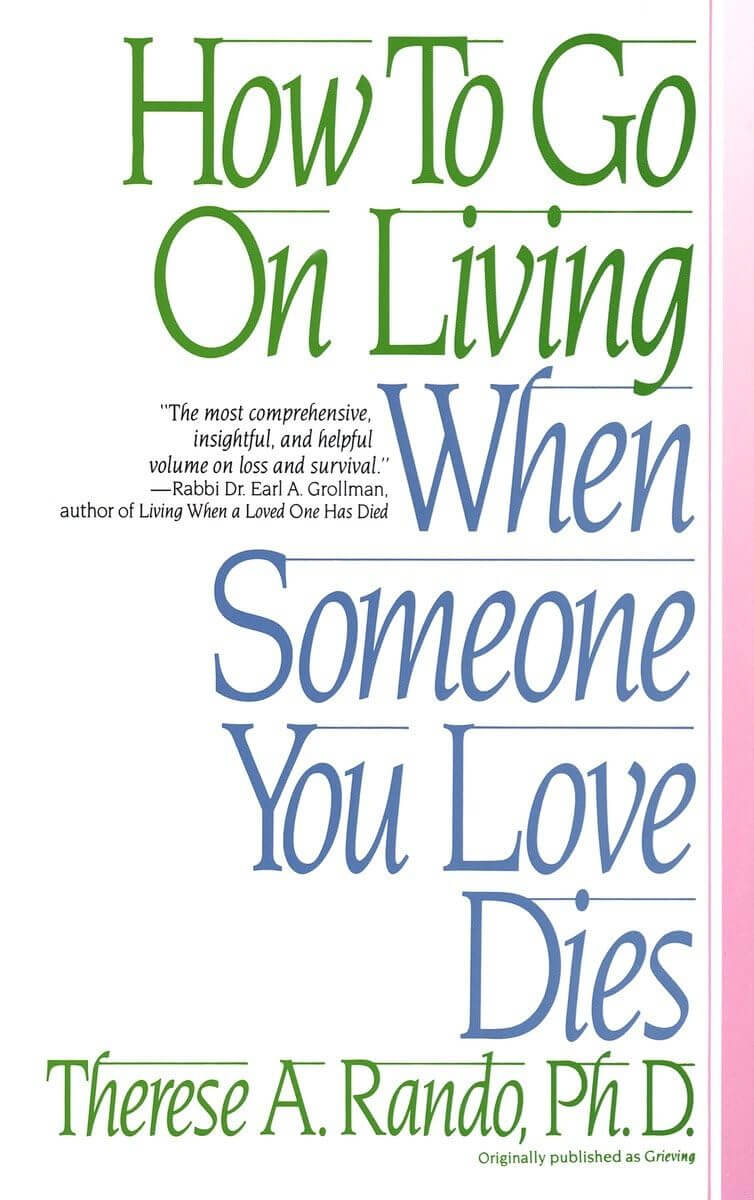
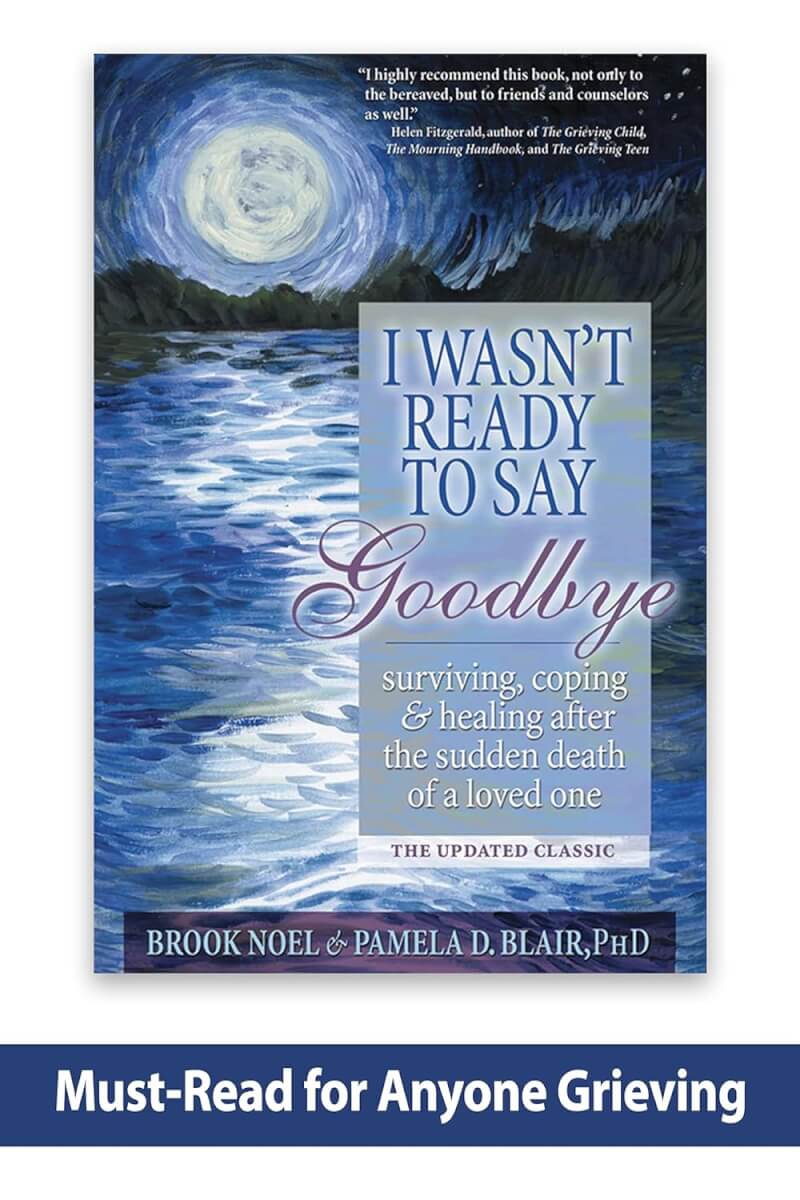
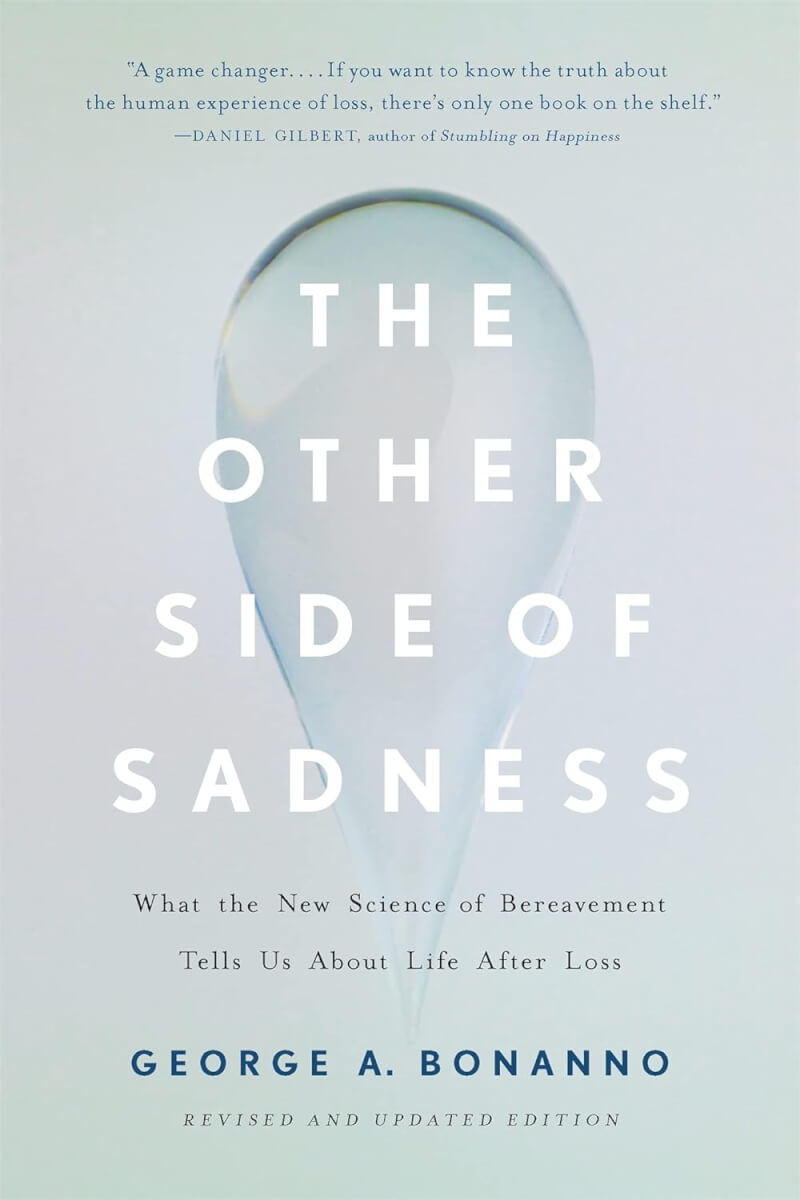

The book Motherless Daughters by Hope Edelson helped me enormously when I lost my mom suddenly. It came out in 1994 but a 20th anniversary edition came out in 2014.